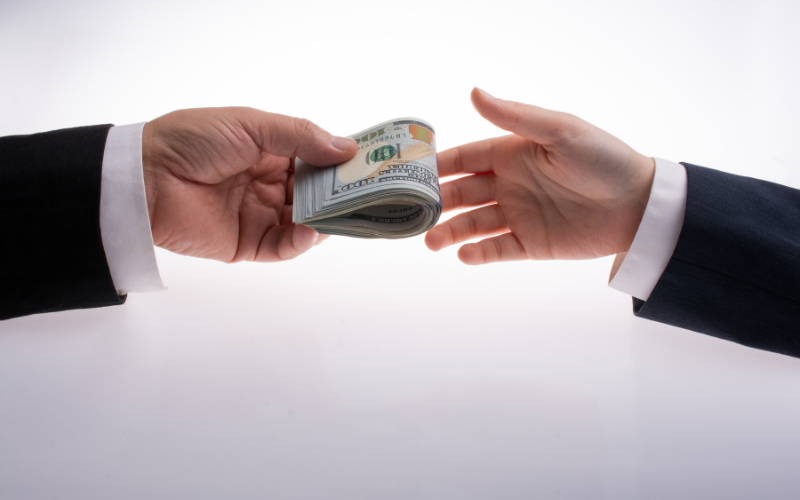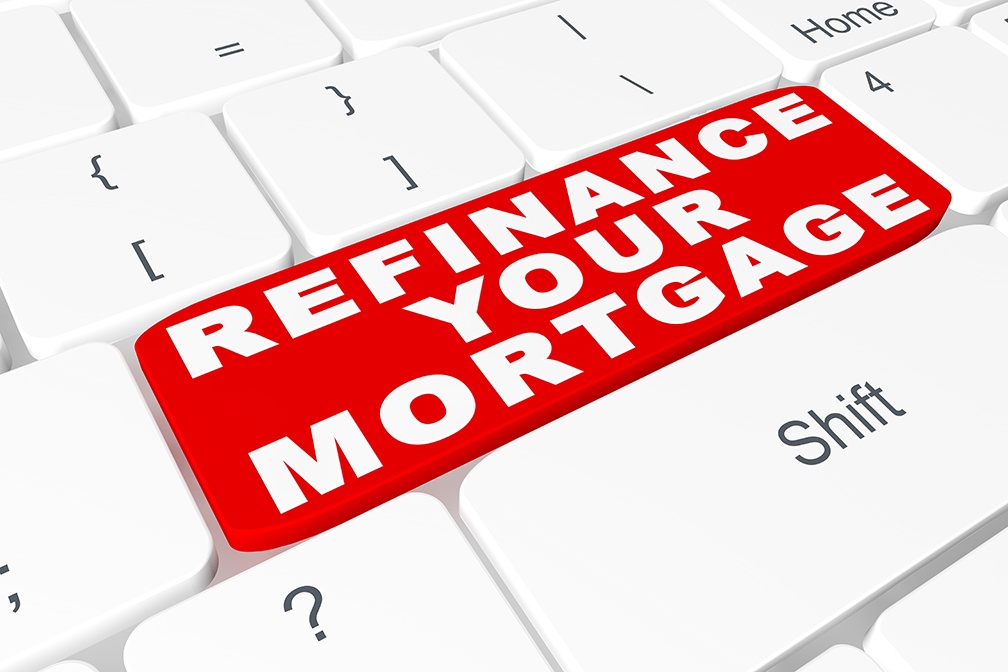How Negative Closing Costs Work
 If you want to save money on your home loan, you might be thinking about refinancing your mortgage. You might be able to replace your existing mortgage with a home loan that has a lower interest rate. Even a single point reduction in your interest rates could save you tens of thousands of dollars over the life of your loan. Before you refinance, be sure to ask about closing costs. Because you are replacing your existing home loan with a new one, you may incur some closing expenses. On the other hand, you could also have negative closing costs. In this case, you might get paid to refinance. How does this work?
If you want to save money on your home loan, you might be thinking about refinancing your mortgage. You might be able to replace your existing mortgage with a home loan that has a lower interest rate. Even a single point reduction in your interest rates could save you tens of thousands of dollars over the life of your loan. Before you refinance, be sure to ask about closing costs. Because you are replacing your existing home loan with a new one, you may incur some closing expenses. On the other hand, you could also have negative closing costs. In this case, you might get paid to refinance. How does this work?
The Lender Credit Exceeds The Loan Costs
If you receive a lender credit that is greater than the value of the closing costs, then you could get paid to refinance your home loan. For example, your closing costs could be $2,000. Then, your lender credit could be $2,500. In this case, you would get paid $500 for refinancing your home loan. Why would you receive a lender credit, and how can this exceed your closing expenses?
How To Qualify For Lender Credits
You receive lender credits if you refinance to a lower rate that offers a lender credit. For example, at the original home loan closing, you might have paid points to get a lower interest rate. With lender credits, the lender is paying you to refinance.
If you qualify for a lender credit, there are several ways you might receive this money. The money could be used to prepay your mortgage interest, it could be placed in an escrow account to cover your homeowners’ insurance or property taxes, or could be directly applied to the principle of your home loan, reducing the amount of money you owe.
Always Look At Closing Costs During The Refinance Process
There are a lot of moving parts if you decide to refinance your house. Even though it may sound complicated, it could save you tens of thousands of dollars while freeing up additional cash. If you have owned your home for several years, it might be time to refinance. Reach out to a professional to learn more.

 You might have heard that more people are refinancing these days. During the refinancing process, you essentially take your current home loan and replace it with a different one. You can reduce your mortgage payments, shorten the life of your loan, or withdraw cash you can use for other purposes. What are a few of the signs that indicate you should consider refinancing?
You might have heard that more people are refinancing these days. During the refinancing process, you essentially take your current home loan and replace it with a different one. You can reduce your mortgage payments, shorten the life of your loan, or withdraw cash you can use for other purposes. What are a few of the signs that indicate you should consider refinancing?  If you want to save money on your home loan, you may want to consider refinancing. During the refinancing process, you will replace your existing home loan with a new one; however, you want to secure the lowest interest rate possible. How can you get a better rate on your mortgage during the refinancing process?
If you want to save money on your home loan, you may want to consider refinancing. During the refinancing process, you will replace your existing home loan with a new one; however, you want to secure the lowest interest rate possible. How can you get a better rate on your mortgage during the refinancing process?  There are many people who are thinking about refinancing their homes. For example, some people may be interested in reducing their monthly payments, while other people may be interested in tapping into the value of the home to fund a home improvement project. What is the relationship between property values and refinancing? There are several important points to keep in mind.
There are many people who are thinking about refinancing their homes. For example, some people may be interested in reducing their monthly payments, while other people may be interested in tapping into the value of the home to fund a home improvement project. What is the relationship between property values and refinancing? There are several important points to keep in mind.  If you have equity in your home, you may wonder how you can access it. You don’t want to sell your home, but you know you’ve earned a profit from it.
If you have equity in your home, you may wonder how you can access it. You don’t want to sell your home, but you know you’ve earned a profit from it.